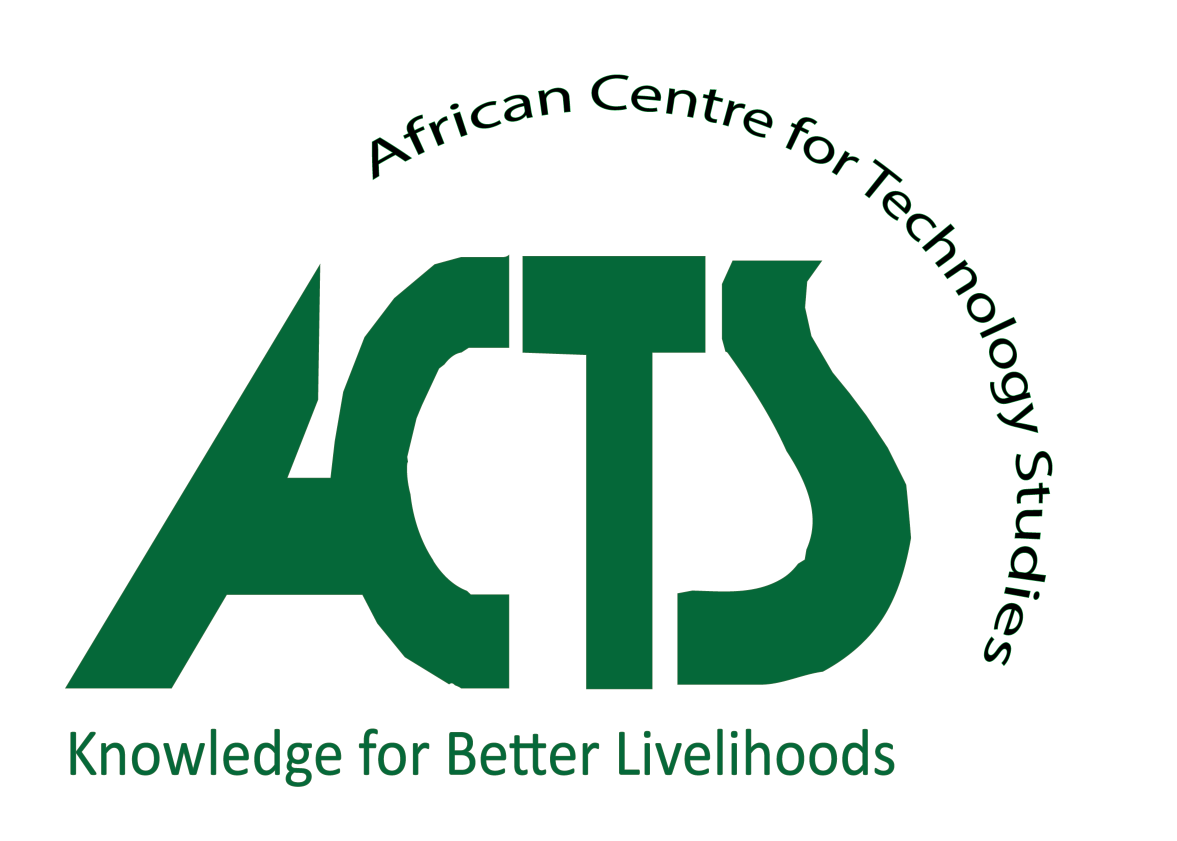ACTS in collaboration with the Centre for Research in Energy and Energy Conservation (CREEC) is promoting adoption of a relatively new agricultural technology – Agrivoltaics
Agrivoltaics, also known as agrophotovoltaics, is a method of combining agriculture and solar energy production on the same land. This innovative approach involves installing solar panels above or alongside crops in agricultural fields.
Under the umbrella of the Agrivoltaics Systems project, ACTS and CREEC have been holding a series of seminars to enhance adoption of this unique agricultural technology in Kenya, Uganda and Tanzania.
The goal of agrivoltaics is to maximize land use efficiency by producing both food and energy on the same land, while also providing benefits such as increased crop yields, reduced water usage, and improved soil health. The solar panels provide shade for the crops, which can help to reduce water evaporation and prevent heat stress on the plants.
ACTS and partners have been organizing webinar series aimed to create awareness of the innovation and inform policy to improve accessibility and rate of adoption at the community level.
Speaking during one of the Webinars, Dr. Anthony Kimaro, from ICRAF Tanzania highlighted various reasons why the AVS should be adopted.
“The good thing is that we are not starting from scratch, we have energy systems, crop production systems that have principles of which agrivoltaics system builds on and the integration is the innovation part. I think we should not be deterred by whatever numbers and challenges but should move forward to pursue this technology.”- Dr. Anthony Kimaro (ICRAF) Tanzania.
Lack of public participation and limited access to fiscal data are major challenges in the adoption of AVS policies in East Africa. Therefore, the government should be more involved in educating the public about AVS and promoting their use in order to create more opportunities and increase sense of responsibility.
The Agrivoltaics project – funded by the Global Challenges Research Fund (GCRF) and the University of Sheffield aims at using land for farming and for collecting solar energy. Project partners include The University of Sheffield, World Agroforestry Centre, University of York, Stockholm Environment Institute (SEI), Centre for Research in Energy and Energy Conservation (CREEC), Africa Centre for Technology Studies (ACTS), Teesside University, The University of Arizona, Latia, Sustainable Agriculture Tanzania (SAT) and Chloride Exide.




